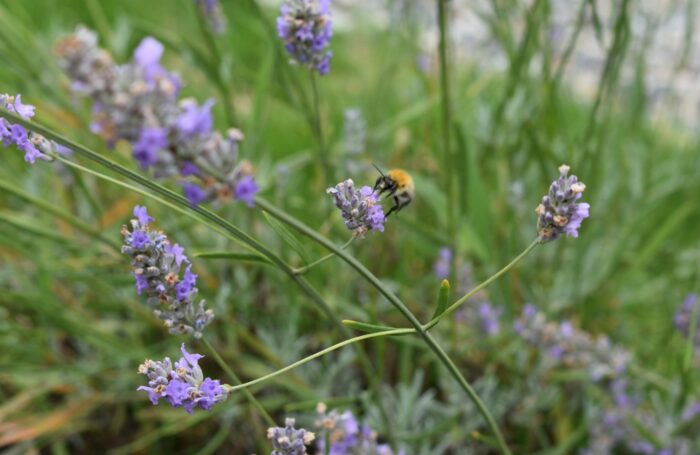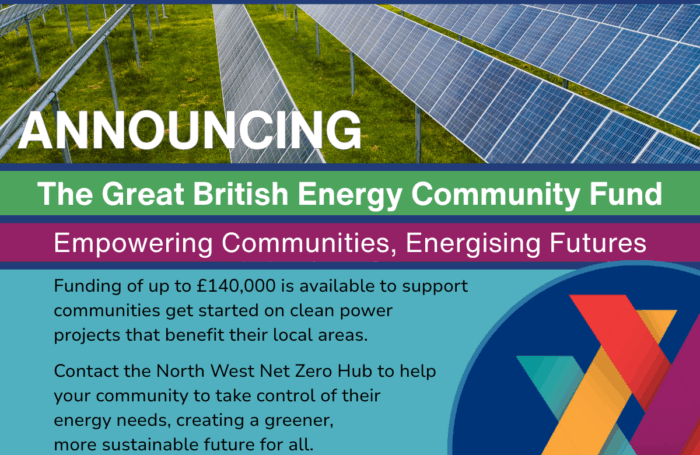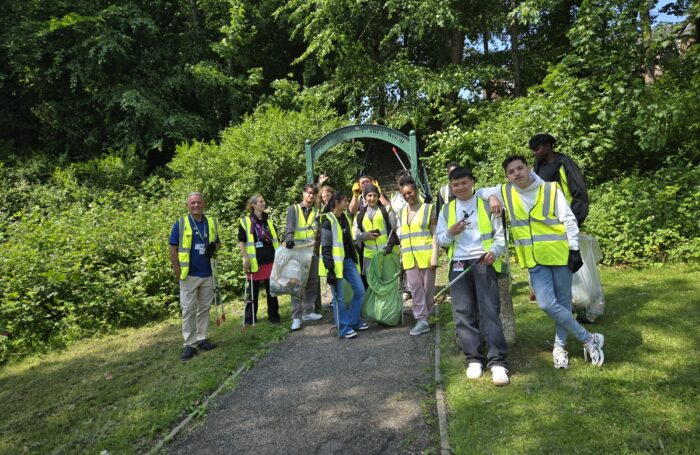Biodiversity Net Gain (BNG) is development that leaves biodiversity in a better state than before and, to date, understanding of the issue has lagged behind other well-known strategies such as carbon capture and Energy from Waste (EfW) that have been embraced by businesses.
However, this latest project commissioned by GMCA and Natural England puts biodiversity firmly on the North West political and business agenda, by examining and devising clear guidance for Greater Manchester’s local authorities, developers, NGOs and businesses, with the aim to encourage and embed BNG principles on a city-wide scale.
Along with drafting the Guidance and running stakeholder workshops across the city, WSP will also be examining:
- Better risk management from quantifying losses and gains in biodiversity
- The benefits of building local private and public partnerships and understandings
- Enhanced clarity and new investment opportunities for businesses
- Demonstrating long-lasting contributions to local communities, including health and well-being benefits
This is borne out of Greater Manchester Mayor Andy Burnham’s greener vision for the city, following his inaugural Green Summit earlier this year, and the published Greater Manchester Springboard to a Green City Region report.
Led by Technical Director Tom Butterworth, the WSP ecology team, supported by Rachel Hoskin, Director at Footprint Ecology will be working with a GM stakeholder Task Group, running stakeholder workshops and meshing its work with the Greater Manchester Spatial Framework and the GMCA Natural Capital investment strategy; a strategy for investing in the environment for maximum social, economic and environmental gains.
He explained: “Year on year the UK is losing almost 1% of its biodiversity in terms of abundance and distribution of wildlife, so since the mid-1970s we have already lost around a third of our wildlife. Unless we do something we are going to get to a tipping point, in my lifetime, where wildlife will not be able to replenish itself; after that we could be left with rats, pigeons and cockroaches as our only natural neighbours.”
“If adopted, Biodiversity Net Gain can halt and reverse that decline over time. WSP is currently involved in a number of pilots across Manchester where we are working with developers to look at the possibility for gains through development if BNG was incorporated from the outset. We are looking at sites retrospectively to see what impact BNG could have had and, if certain elements had been done differently, what gains could be made financially, on site viability as well as ecologically.
He concluded: “Biodiversity is complex. Biodiversity can encompass anything from green infrastructure to natural habitats. As a society we are in the process of a huge shift in business awareness on biodiversity and this guidance will help to formulate policy and best practice making Greater Manchester a greener, healthier, essentially a better place to live without it costing businesses the earth or stymieing development.”
Krista Patrick, Natural Capital Coordinator from GMCA said: ”As the Government’s Urban Pioneer, Greater Manchester has the opportunity to find new ways to value, manage and invest in our Natural Environment and will aim for best practice with lessons learned spread to other cities.”
WSP is working alongside partner Footprint Ecology, a renowned UK ecology consultancy which focuses on the interaction between people and nature encompassing ecology, conservation and natural history but using the most ethical and sustainable methods.
Initial work has already begun on the project which is due to be completed in early 2019.



